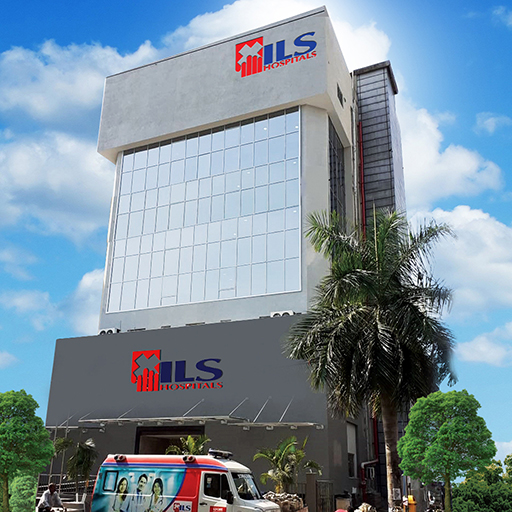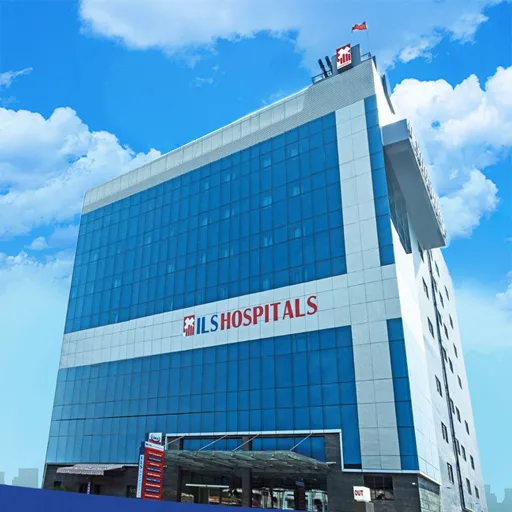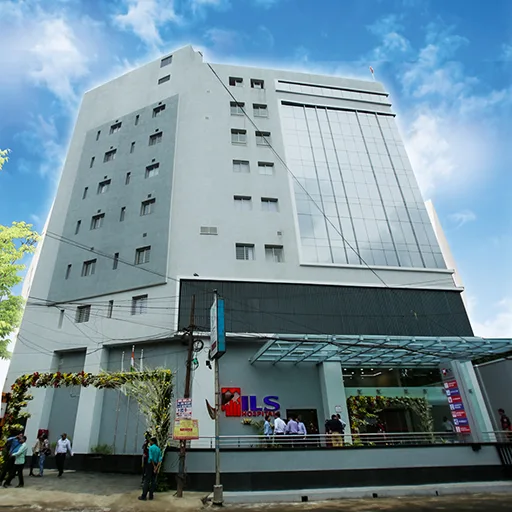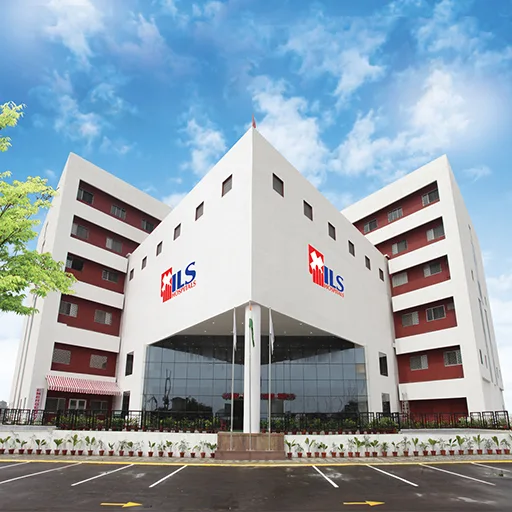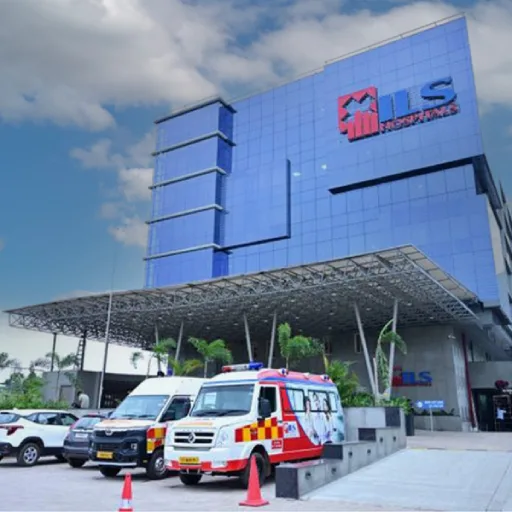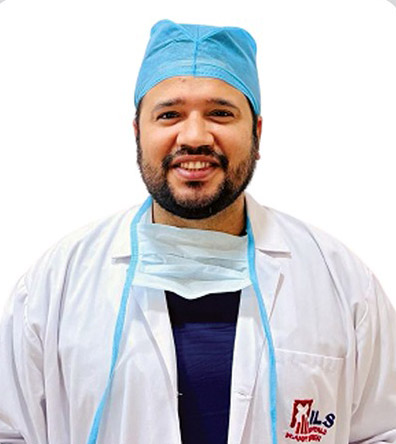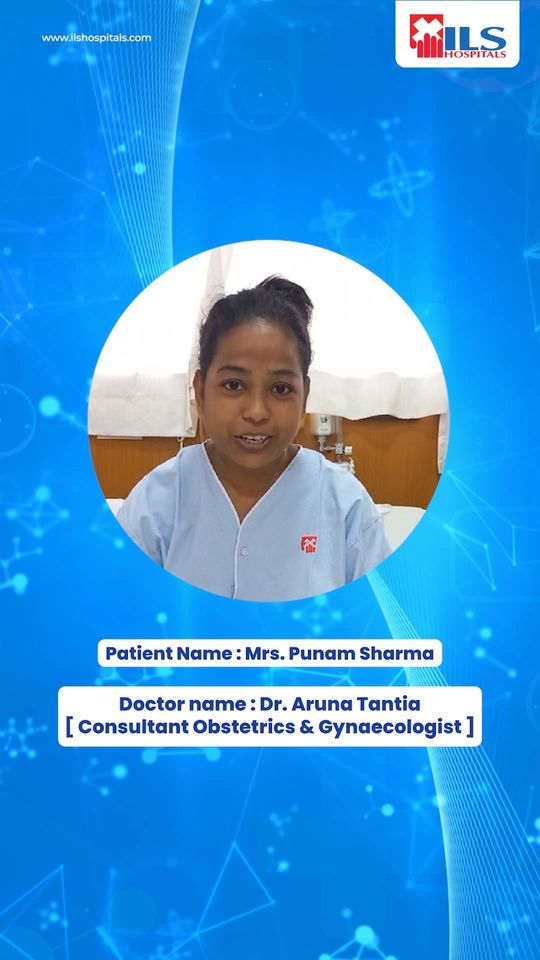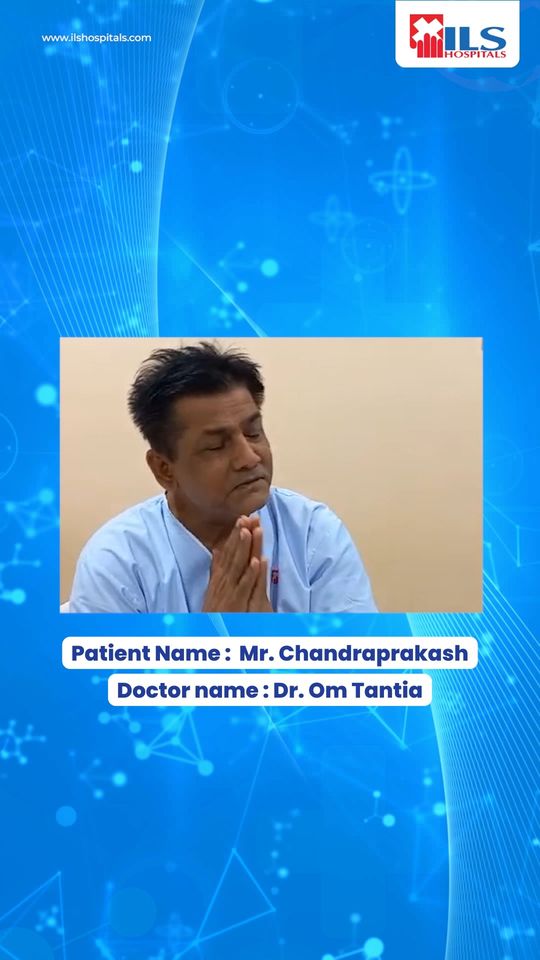Gastric Bypass Surgery at ILS Hospitals: A Proven Solution for Sustainable Weight Loss
Gastric bypass surgery, specifically the Roux-en-Y Gastric Bypass (RYGB), is a highly successful and widely researched weight loss procedure offered at ILS Hospitals. Recognized as the ‘gold standard’ in weight loss surgery, it provides effective and sustained results by altering the stomach’s anatomy and its interaction with the small intestine.
Understanding Gastric Bypass Surgery:
- Stomach Size Reduction: Gastric bypass involves creating a small stomach pouch that restricts the intake of food, resulting in significantly smaller meals and reduced calorie consumption.
- Bypassing a Portion of Stomach and Small Intestine:A substantial part of the stomach and a section of the small intestine are bypassed during the surgery. This leads to malabsorption of food, reducing the absorption of calories.
Key Benefits of Gastric Bypass Surgery:
- Sustained Weight Loss: Gastric bypass surgery is associated with long-term weight loss, helping individuals achieve and maintain a healthier weight.
- Restriction of Food Intake: By limiting the amount of food that can be consumed, gastric bypass facilitates effective weight loss.
- Positive Changes in Gut Hormones: The surgery induces favourable changes in gut hormones, contributing to improved metabolism and diabetic status.
- Minimal Pain and Early Recovery: Gastric bypass is known for minimal post-operative pain, allowing for early patient recovery. Most patients begin walking on the same day as the surgery.
- Gold Standard Procedure: Widely recognized as the ‘gold standard,’ gastric bypass is a highly regarded weight loss procedure.
- Improvement in Associated Illnesses: Patients often experience significant improvements in conditions like diabetes, high blood pressure, joint pains, sleeping disorders, and infertility.
- Reversibility:The procedure is reversible, providing flexibility for individual healthcare needs.
Risks Associated With Gastric Bypass Surgeries:
- Dumping Syndrome: Rapid movement of food through the stomach and intestines may cause symptoms like sweating, nausea, diarrhoea, and dizziness. Dietary modifications can help manage this syndrome.
- Staple Line Leak: Discussions with the surgeon about potential staple line leaks are important.
- Weight Regain: Non-compliance with post-operative dietary and exercise recommendations may lead to slight weight regain.
- Nutritional Deficiencies: Long-term nutritional deficiencies may occur in non-compliant patients, emphasizing the importance of post-operative nutritional supplements.
Preparation and Aftercare:
- Before Gastric Bypass Surgery: The cost of gastric bypass surgery in India varies based on several factors. Patients are usually admitted a day prior to the surgery after completing necessary pre-operative investigations.
- Post-Surgery Care: Patients are typically hospitalized for 3-4 days, with the first follow-up scheduled on the 10th day after surgery. A written diet plan is provided, and regular communication with the nutritionist is encouraged.
- Postoperative Recovery: Patients start walking on the same day as the surgery, and dressings are removed during the first follow-up. Resumption of normal activities occurs based on individual comfort, guided by the body’s response.
- Instructions for Lifestyle Changes: Compliance with lifestyle changes, including alcohol and tobacco restrictions, prescribed medications, and essential tests, is crucial for successful recovery.
Gastric bypass surgery at ILS Hospitals is a transformative, life-altering procedure, offering sustainable weight loss and improved overall well-being. Individuals considering this surgery are encouraged to consult with our expert team to explore personalized options for their weight loss journey.



